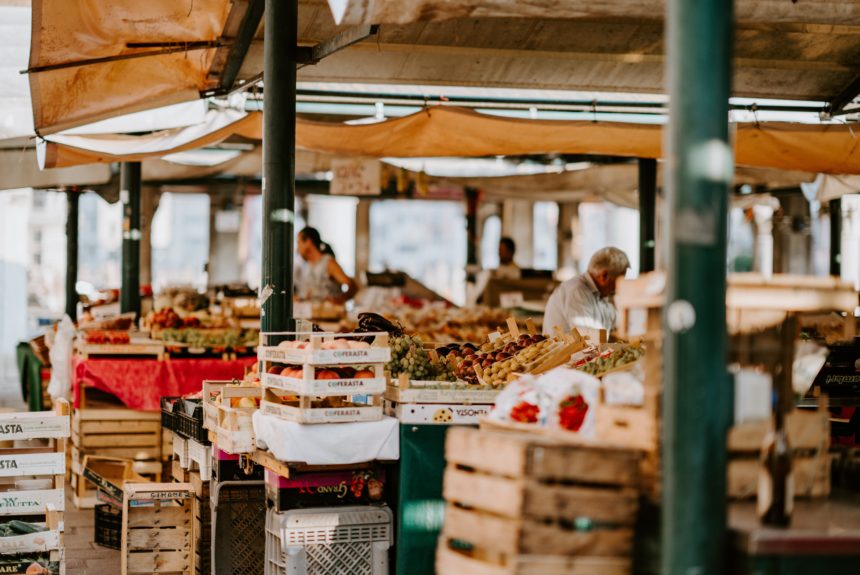Anna Bruen and Natalie Messer Betts on The Hill outline how a circular economy that emphasizes being locally is beneficial to local economies, societies, and the environment.

- Buying locally encourages interaction with neighbors, building a sense of community.
- Eating locally grown food shortens supply chains thus lessening environmental impact.
- A circular economy invests in local communities, benefiting local businesses and making local economies more resilient.
“Buying local food is sometimes seen as trendy and elite. Borrowing, buying used or fixing something is stigmatized as the second-choice option to purchasing new. The circular economy, if done right, could radically shift what we consider the provinces of the rich and poor. A circular economy that considers social dimensions would shift away from short-term convenience towards long-term satisfaction.”
Read the full article here.
The views and opinions expressed are those of the author’s and do not necessarily reflect the official policy or position of C3.
